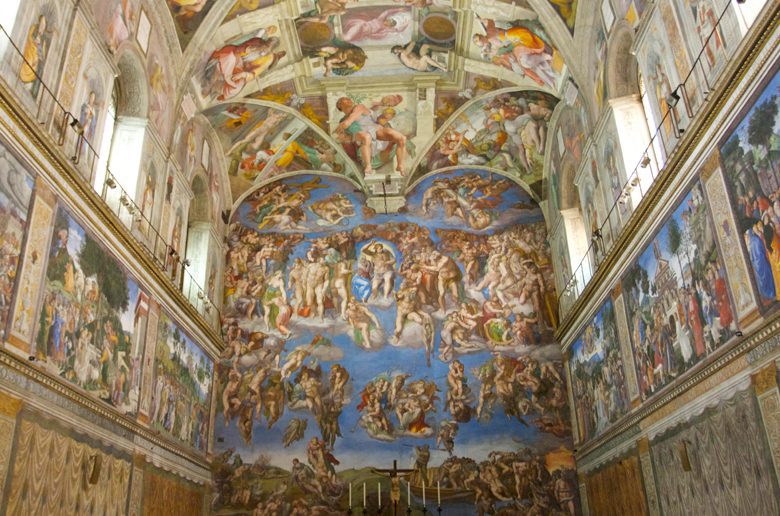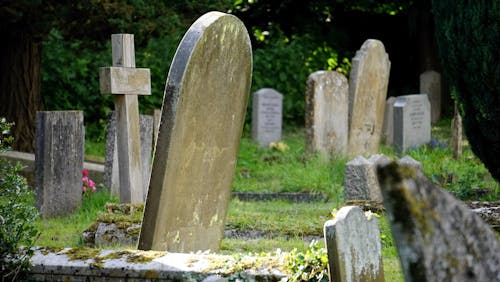In this terribly broken world, a world currently wracked with tremendous uncertainty and great pain, a world in which things do not always go as we wish them to, a world marked by tremendous joy as well as profound tragedy, we humans seem to cultivate an innate longing for control. Why can we not control the affairs of our lives? Why can we not ensure that we are not surprised by darkness?
 As we continue our Lenten journey through our present existential abyss, we have opportunity to rethink our longing for control. We recognize afresh that we live in a world beyond our control. We acknowledge that we are ultimately a collection of atoms spinning madly in a nexus of space and time, avoiding everything but ourselves.
As we continue our Lenten journey through our present existential abyss, we have opportunity to rethink our longing for control. We recognize afresh that we live in a world beyond our control. We acknowledge that we are ultimately a collection of atoms spinning madly in a nexus of space and time, avoiding everything but ourselves.Nonetheless, we see, again, that though we are remarkable creatures, entirely capable of directing the course of our lives, we will never understand and control it all. We remember that we are finite, that we have limits, that our marvelous attributes can only take us so far. Sooner or later, we encounter a bump: we realize that we are not so remarkable that we in ourselves can decide what we can be or what existence means. How could we? We are only us.
Consider the "Wanderer above the Sea of Fog," standing before the world, watching, planning, waiting, yet lacking a way to make absolute sense of or control it
And that's precisely God's point: in order to gain control, we must give it up. We must give up who we are now to find who we are destined to be. That's all God's asking us to do.
Stay well.








